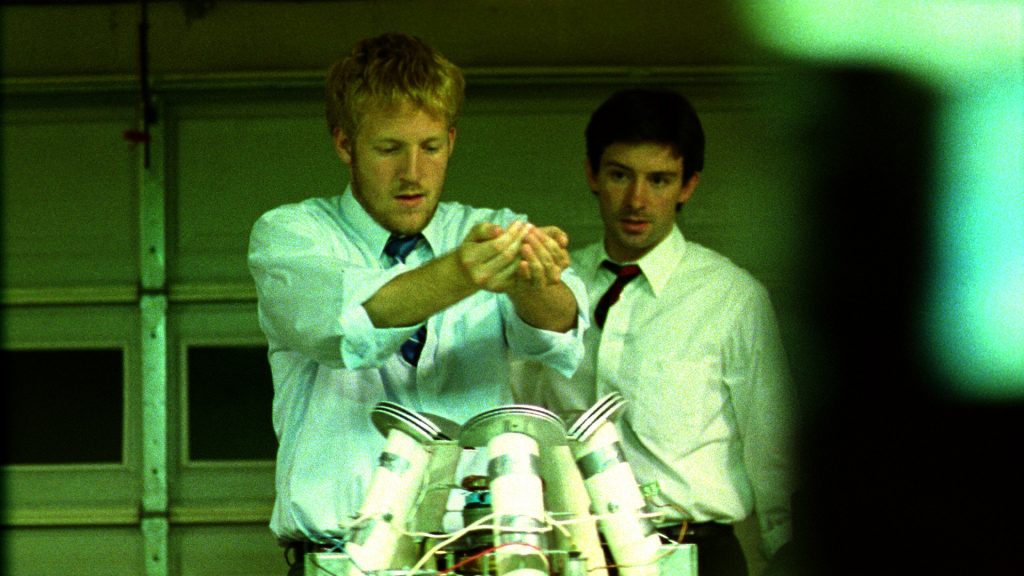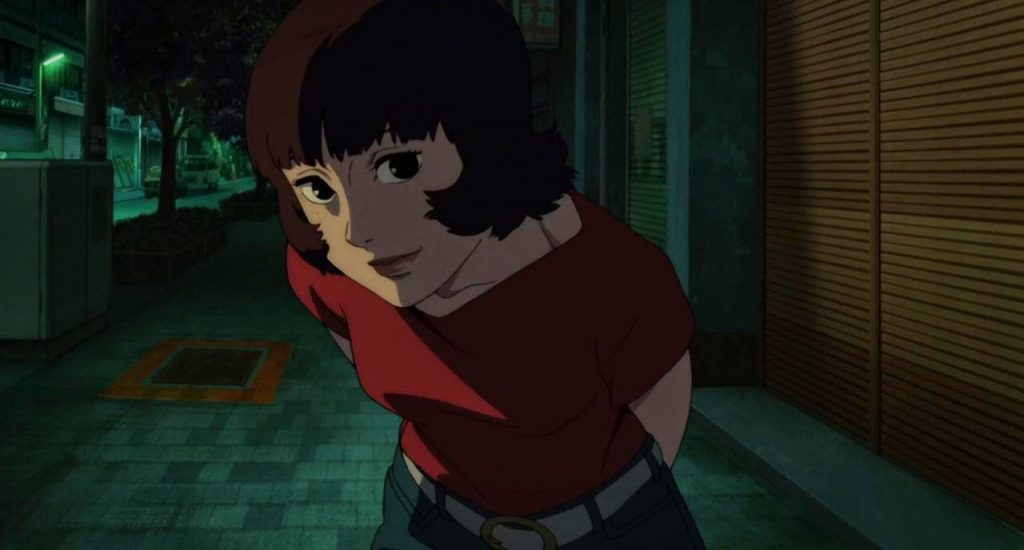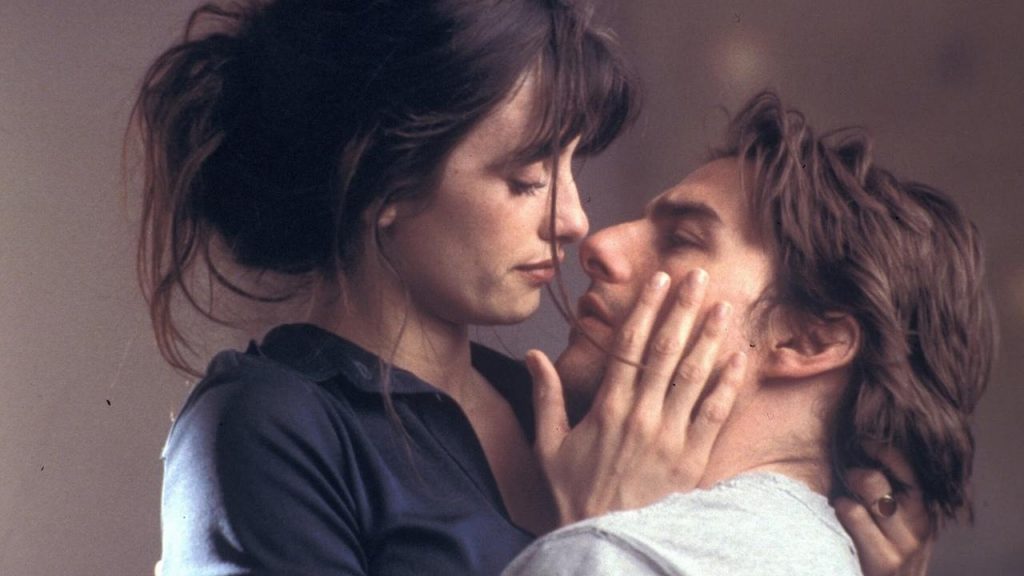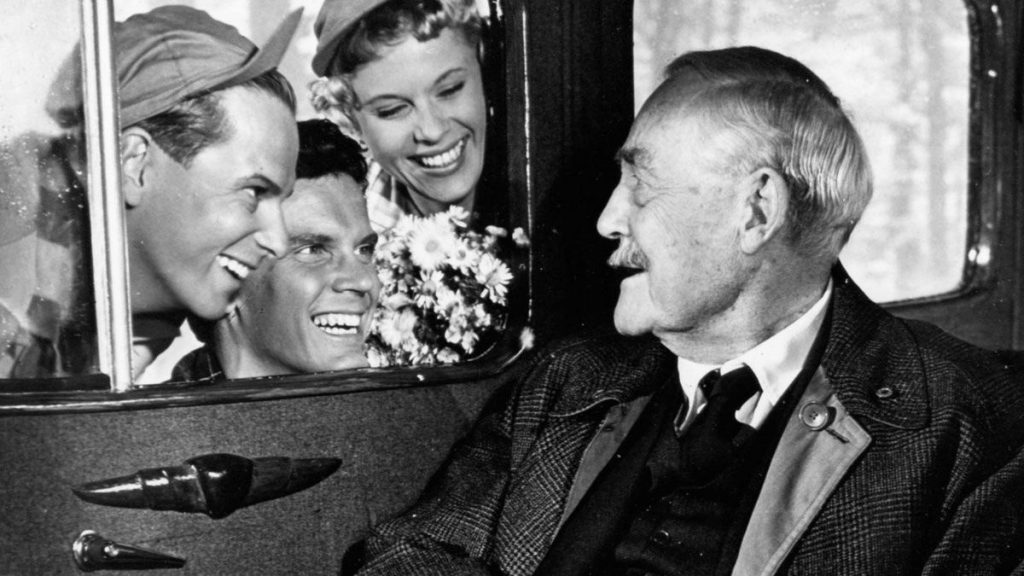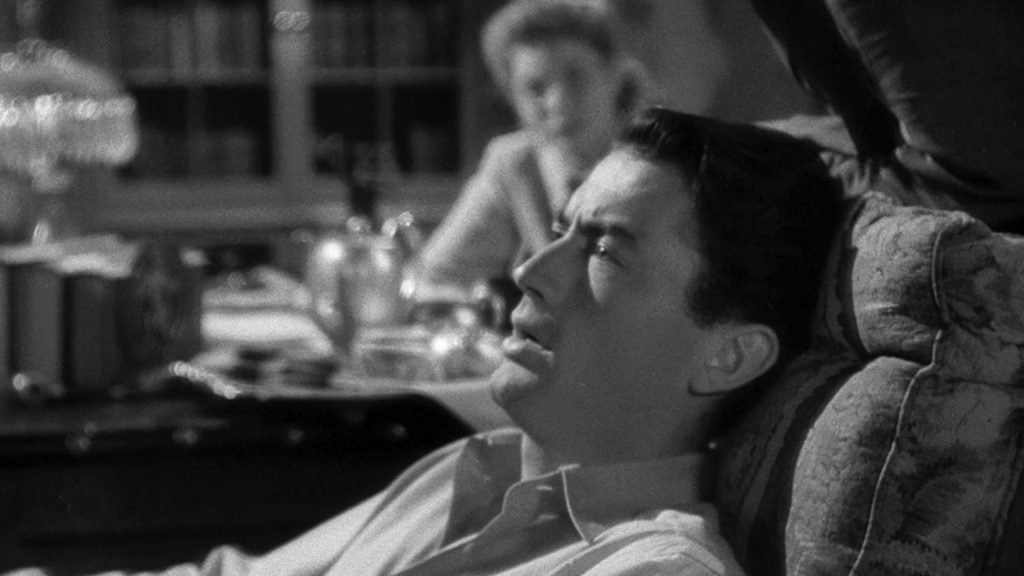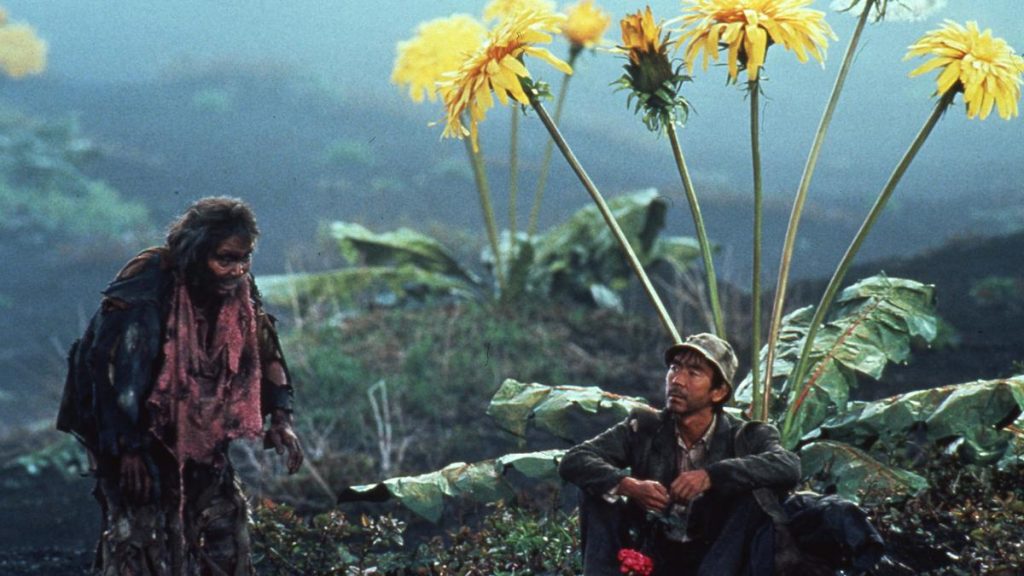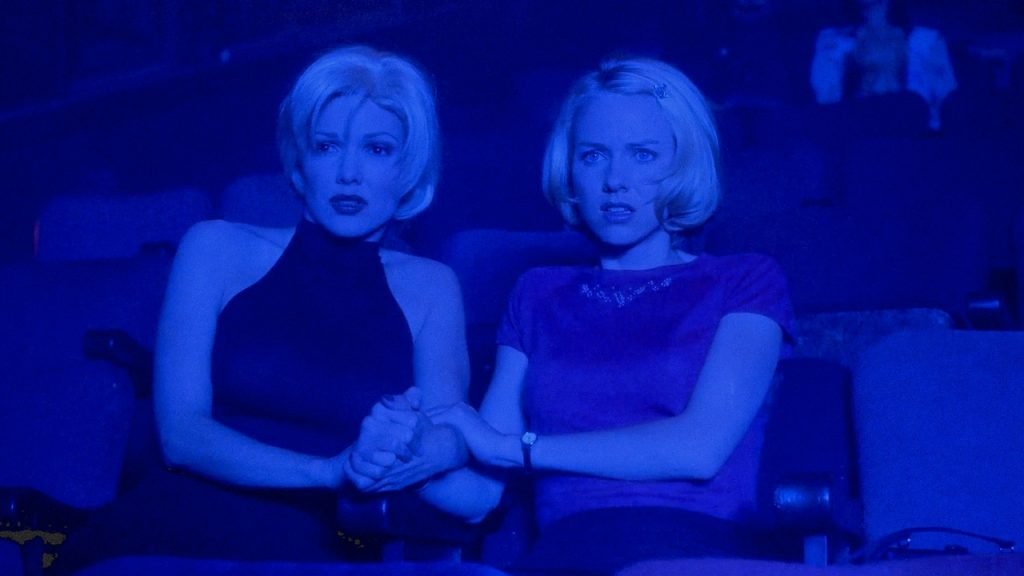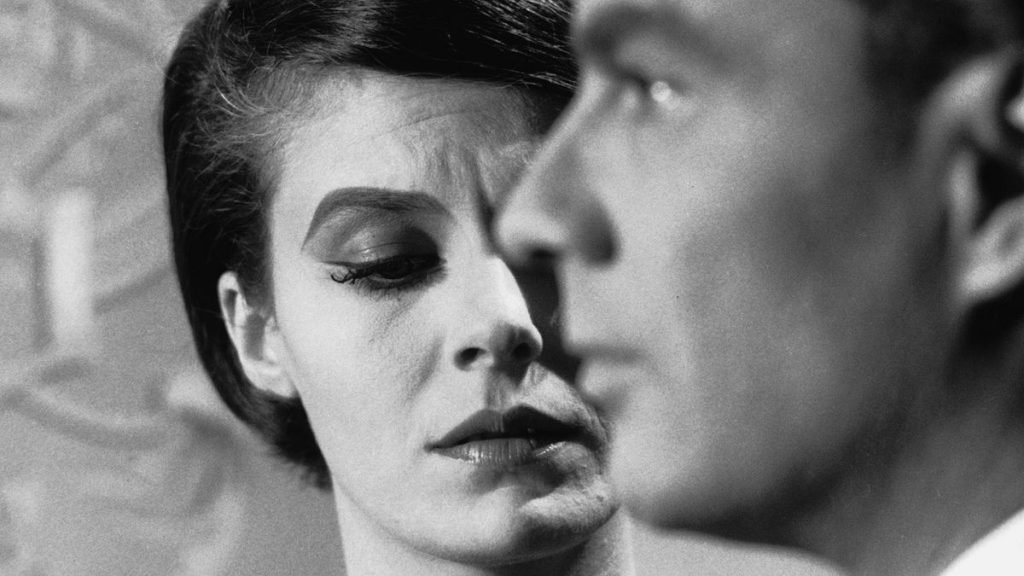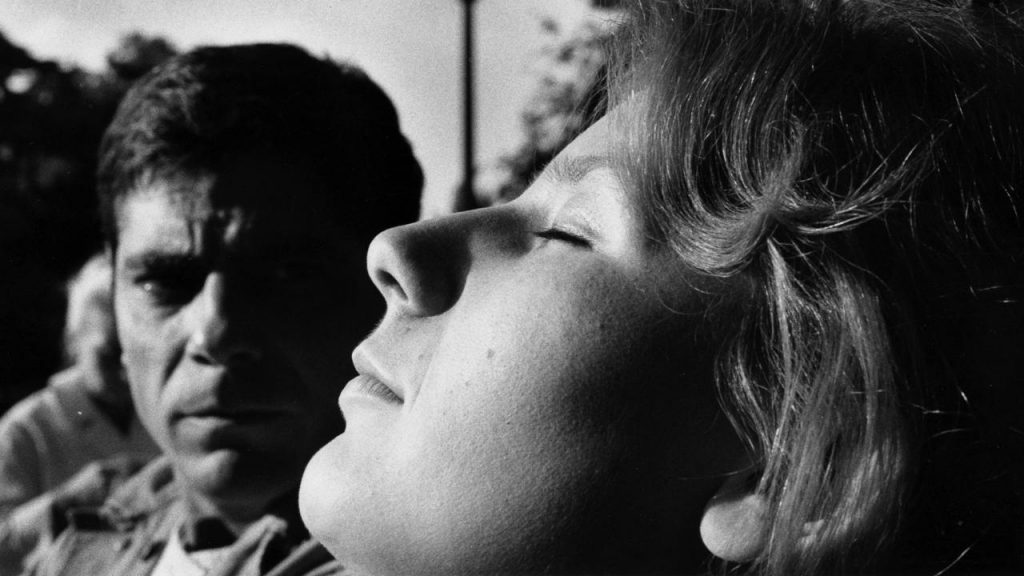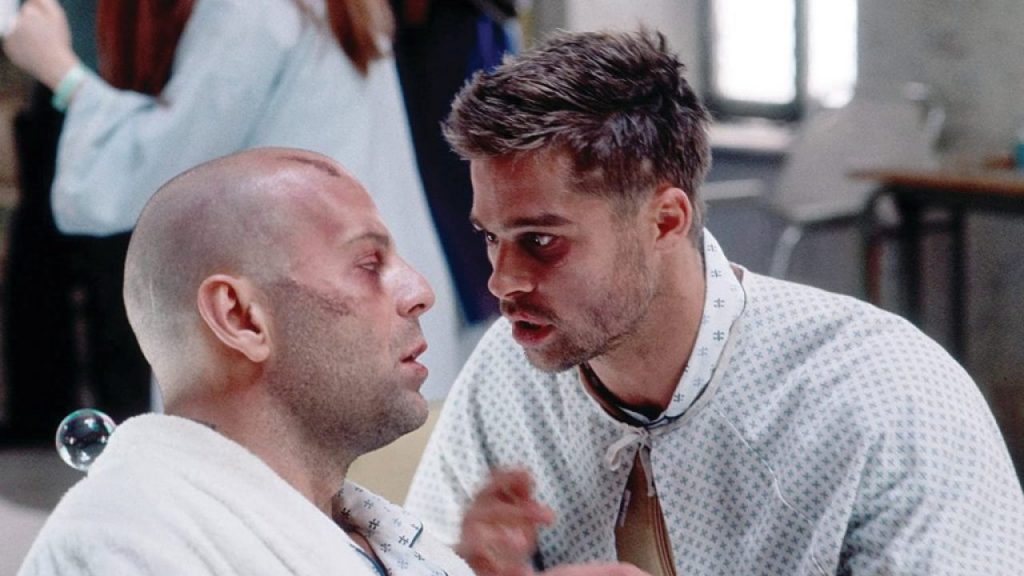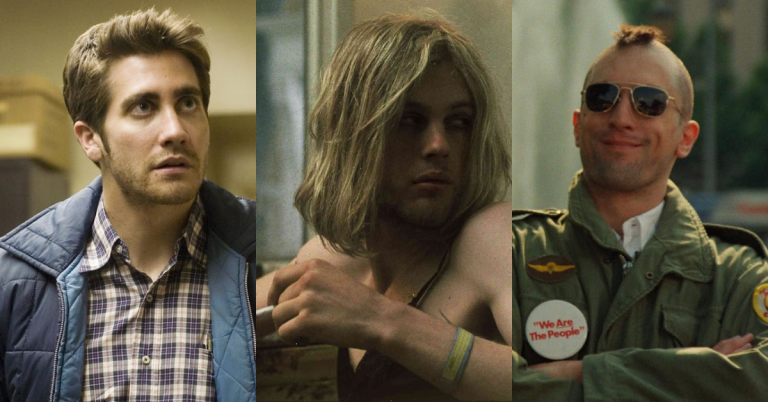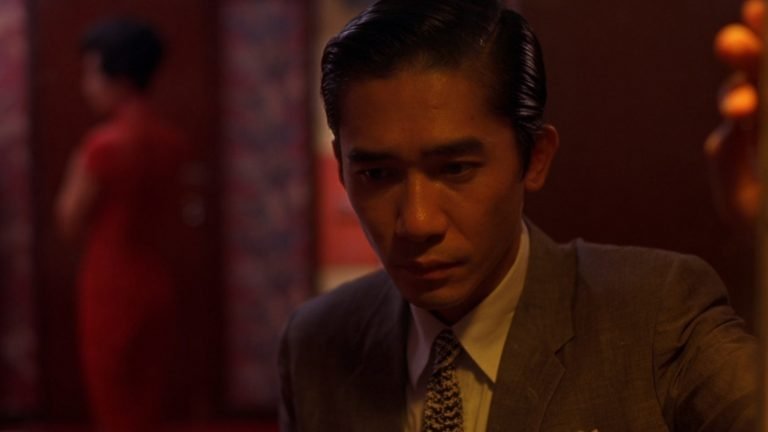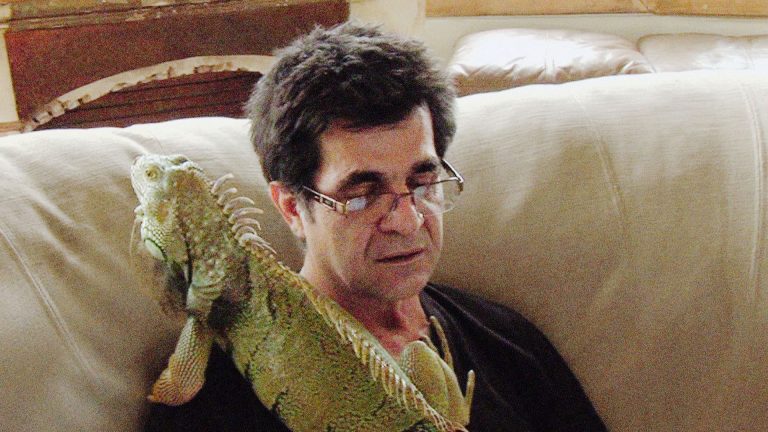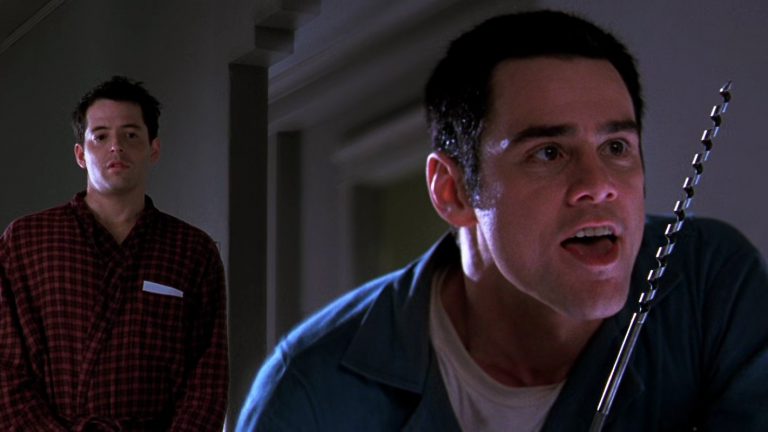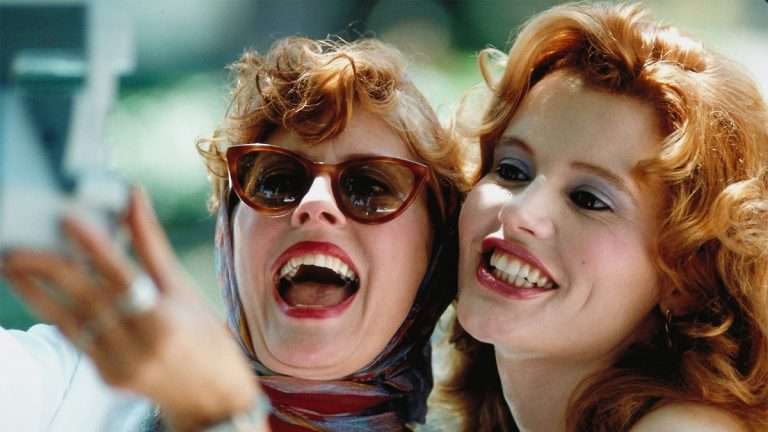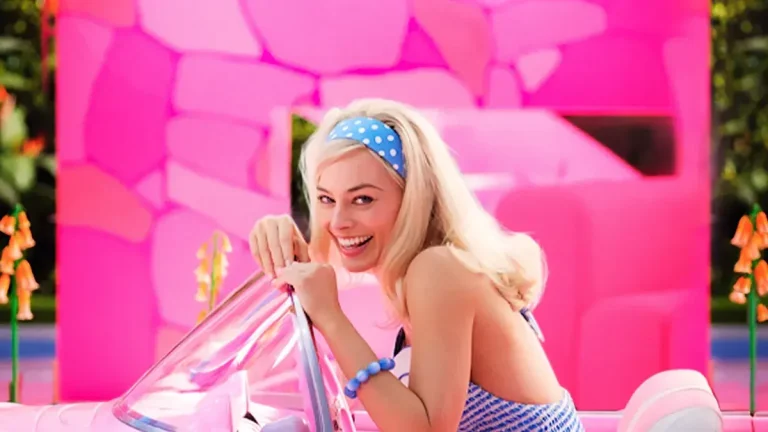10 Films To Watch If You Love Inception (2010): It has been 11 years since Christopher Nolan’s Inception came out. Yet today, we talk about it with great awe and reverence. Leonardo DiCaprio joins hands with Nolan to play Cobb, a brain-hacker of the future. As an industrial espionage mercenary, Cobb specializes in infiltrating plutocrats’ dreaming minds in order to steal lucratively sensitive information. With the help of a splendid crew of forgers comprising of Eames (Tom Hardy), Ariadne (Elliot Page), and Arthur (Joseph Gordon-Levitt), Cobb constructs an elaborated and labyrinthine imaginary world to tempt the dreamers so that they let their subconscious guards down. A Japanese CEO Saito (Ken Watanabe) proposes to Cobb with an assignment, which would require him and his team to implant a pernicious notion inside the mind of an adversary called Fischer (Cillian Murphy).
To accomplish this assignment, Cobb designs a triple-decker dream, that is to say, a loop of dreams or in the words of Cobb himself, “dream-within-a-dream-within-a-dream.” However, his progress is impeded by the painstaking memory of his late wife Mal (Marion Cotillard). Amidst the various actions, elements, and themes that revolve around Inception, at its core, it’s a film essentially about dreams.
Based on this perception, a list of 10 films has been prepared. Now the suggestions may not necessarily conform to the action-packed sequences that somewhat provide Inception with its weight. Rather, this list of films deals with the idea, the philosophy, and the complexity of dreams. Dreams play an integral role in all our lives and most often, we don’t question our dreams enough. The list here makes an attempt to analyze these questions. And though, the obscurity may make us step into a conundrum, we’d at least know that we tried in our reality.
1. Primer (2004)
Two scientists discover what they presume to be a time machine, wonder the endless possibilities if they experimented with it but, have they experimented already? Like Inception, Primer can also leave you puzzled with a paradoxical plot, loophole, and bizarre events without any clarification. As bizarre as the film may be, the audience might not exactly be blown away. It’s slow and filled with obscure techno-talk on how to make time travel possible. However, it still leaves an impression with its low-fi sci-fi nightmarish ambience.
Yet, newcomer Shane Carruth’s sci-fi tale about two scientists coming up with the world’s most important invention in their garage somehow would make the viewer believe that there is a certain practicality to it. As scientific as the film may be, it still manages to pull off a realistic portrayal.
Related to Films Like Inception: 10 Best Time Travel Movies Ever Made
In its occultist degree, Primer is basically influenced by Darren Aronofsky’s Pi and the gloom-ridden jeopardy of Francis Ford Coppola’s The Conversation. In spite of having no CGI and a pea-sized budget, Shane Carruth, who wrote the story, acted, produced, edited, and even worked on the production design, happened to create one of the most intricate time travel movies. And this budget-constrained film also makes it compulsory for the audience to require a few pages of explanation with timeline diagrams.
As the years went by, Primer became a long-lost movie, but it also garnered a cult following. If you want a crazy film similar to Inception to entertain you, then Primer is definitely not for you. But then again, when you think about it, Inception didn’t intend to entertain; instead, it emerged from Nolan’s fascination with dreams.
2. Paprika (2006)
If you want to watch something very, very similar to Inception, then Paprika is the best choice. Before moving on to the other films, I must say that they are loosely or heavily based on the subject of dreams. However, Paprika is the film, which bears direct similarities to Inception. Yet in contrast to the many articles and blog posts, Inception isn’t a ripoff of Paprika. Nolan may have been influenced by Satoshi Kon’s psychological thriller, but both films are different in several aspects.
Paprika demonstrates that the realm of dreams can be a magnificent window into the psyche. To delve into the dreams of the rest, one aspiring tech lab has been developing a device called ‘DC Mini’. Atsuko Chiba and Kosaku Tokita have been relentlessly working to make DC Mini as impeccable as possible. They hope to use it to thoroughly explore patients’ minds and in doing so, discover the root of their psychological disorders and provide necessary remedies.
Related to Films Like Inception: Satoshi Kon: One of the Most Influential Filmmakers of His Time
However, accessing the deepest corners of a person’s mind doesn’t come easy. There happens to be a tremendous responsibility. In the malicious hands, the DC Mini could be used as a means of psychological terrorism inciting mental breakdowns in the minds of targets. The story takes a menacing turn when DC Mini gets stolen and people start behaving strangely. Their eccentric behaviour makes Atsuko and Kosaku realize they have a serious issue that needs dealing with.
Acquiring the support of Officer Konakawa, who has been previously receiving this experimental dream therapy, they hunt for their mental terrorist in both the real and dream worlds. Paprika is a surrealist film, where reality and dreams come together unlike Inception, which has been inspired by surrealism and involves the dream team to delve into an exploration of dreams within dreams.
3. Vanilla Sky (2001)
Vanilla Sky begins as a typical Tom Cruise film that involves his charm, plush apartments, and him stylishly driving into the lively streets of New York. It’s all pretty, pretty usual until he is delved into a dream. The film is an ethereal remake by Cameron Crowe of the Spanish film “Abre Los Ojos” (Open Your Eyes).
On the surface, Vanilla Sky is a remarkably narcissistic complex vanity project for both the lead star and producer of the film, Tom Cruise, who as like his several other films, keeps taking off his shirt so that there is a picturesque view of his toned physique. However, the turning point of the film is when Cruise’s charm is desecrated due to a car wreck. He sobs looking at his deformed face in the bathroom mirror. But then an enigmatic cosmetic surgeon impeccably restores his perfect looks.
Cruise then falls in love with a gorgeous Spanish dancer called Sofia, played by Penelope Cruz. But what initiates as a romantic tale with a tinge of murder mystery gradually unfolds to become something that bends reality (sounds quite like Inception?).
The film is wrapped with pseudo-futuristic ideas. Perhaps Cruise got a kick out of while working with the great Stanley Kubrick. Now, fundamentally, Vanilla Sky is a film about lucid dreaming. Yet, it revolves around many crucial themes such as love, mid-life crisis, indulgence, and the role of pop culture in modern times. To top it all, if you are a Tom Cruise fan, then you’d be delighted to know that Vanilla Sky is a favourite film of his own.
4. Wild Strawberries (1957)
Ah, here comes, Ingmar Bergman’s Wild Strawberries. My favourite one from this list. At the dreamy heart of the film is a 76-year-old professor Isak Borg, played by Victor Sjöström. He also happens to be an eminent medical scientist, travels from Stockholm to Lund with his daughter-in-law in order to receive an honorary doctorate. During the 400-mile car journey, the old professor recollects his past, which comprises the girl he loved eventually marrying his brother instead of him and his own bitterly failed marriage.
Although he is benevolent on the outside, which of course meets with everyone’s tribute and respect, he acknowledges himself as someone desolate and distant. The recollections of the past are the true essence of the film. As a matter of fact, the film opens with a dream sequence that has been seized for a long, long time.
Related to Films Like Inception: Love, God, and Silence: The Cinema of Ingmar Bergman
Dreams in this particular film are more defined. That is, they are the daydreams of the ill-tempered retired doctor Borg. Borg appears at a house situated in the old quarter of Stockholm. The house boarded-up windows and a clock with no hands. Borg then observes an old hearse approaching. One of its wheels gets stuck on a lamppost and a coffin drops out. Within the coffin, an outstretched hand of the corpse makes an attempt to pull Borg inside.
The theme of Wild Strawberries focuses on how life can gradually lose its lost effectiveness or vigour. Sadly, this often gets repeated from generation to generation. There isn’t a direct correlation between Inception and Wild Strawberries. But you’re going to love how dreams are romanticized in this film.
5. Spellbound (1945)
In 1945, Freud & Co had a substantial effect on the American way of thinking. Hitchcock’s reflection wasn’t bereft from this profound influence. So, teaming up with screenwriter Ben Hecht and a consultant, Hitchcock made an attempt to produce the first picture on psychoanalysis. This intriguing Hitchcock film tells the story of Dr Constance Peterson, a psychoanalyst, played by the ever-beautiful Ingrid Bergman, who is adamant to prove the innocence of Dr. Anthony Edwards, played by the charming Gregory Peck, who is convinced that he is a killer! Although the story may seem straightforward, Spellbound also bears layers of suspense.
Related to Films Like Inception: The Emotional Minefield of Alfred Hitchcock
Hitchcock decorates the narration with distinctively magnificent twists. For instance, the infinite variation of parallel lines which are inscribed into John’s mind. The imagery is occasionally overblown, such as when doors dramatically open down a corridor when Dr Constance and John share a kiss. The dream sequences are designed by Dalí, which bring forth his essence. Thanks to Dalí’s intricacy, the scene becomes one of the special moments in the film, when John speaks of the bewildering dream he had the earlier night, and Dr Constance and her professor make an attempt to unravel it.
There are also moments, especially towards the climax, when the images and notions come together in harmony. While bearing the usual Hitchcockian elements, which are suspense, thriller, impending danger, and the mind-boggling twists, Spellbound also plays around with the significance of dreams and how they may interfere with the consonance of reality. The play of dreams and tapping from one reality to another makes Spellbound so relevant to be in this list.
6. Dreams (1990)
When Kurosawa started working on Dreams, he was in his twilight years. It was as if he was looking back at life. It was found from his personal journal that Kurosawa made an attempt to further explore a passage by the Russian author Fyodor Dostoevsky, which claims “Dreams revealed men’s deepest thoughts, liberated in sleep.” To achieve self-expression, it is necessary to delve deep into oneself. And Kurosawa understood the importance of this very well.
Generally, Kurosawa’s films dissect identity. Although set in Japan, his films are universally reverberating since identity is inherent in humans from all walks of life. In Dreams, however, Kurosawa engages himself in a singularly inward-looking examination to fully comprehend his dreams in the medium of film. As he does this, he voyages the deepest valleys of dreams, which by their nature, are manifested within the subconsciousness of the individual dreamer.
Also, Read: Inception Ending and Themes Explained
In the case of Dreams, Kurosawa is the dreamer himself and his dreams are exhibited without the need to be resonated with any audience in particular. Like his last film, Kurosawa looks into himself, utilizes the powerful expression of the art of filmmaking, and as a result, Dreams somewhat becomes his least accessible film. Yet, what makes Dreams so special is that its intimate in every sense. A revered director peeking into the rooms of his mind and excavating certain dreams, that appear vividly in his memories.
One of the last films by the great Japanese director Akira Kurosawa. Now, one may ask how this is related to Inception, well, the fact that they are so beautifully portrayed in the form of cinema. You cannot simply help but wonder what went around in the maestro’s ingenious mind. Out of the 8 dreams, I personally love The Tunnel, the fourth one on the list. It’s about a Japanese company commander, who had been discharged but not without an exacerbating regret. Let’s see which one turns out to be your favourite dream.
7. Mulholland Drive (2001)
To begin with, dreams supposedly don’t make sense. There’s no rationale behind why you have skipped a step that made you topple all the way down enhancing your acrophobia or a face you had envisioned, which makes you wonder whether you had ever seen them in real life. Quite similarly or differently, you’d better understand, which suits best, Mulholland Drive is a masterpiece by David Lynch which surely evokes emotions but wouldn’t really make any sense. Tony Krantz, one of the producers of the film, says, “People are prepared to look at things that are ambiguous and mysterious and uncertain. They’re along for the ride in the same way that they’re along for the ride in their own dreams.”
Related to Films Like Inception: The Anatomy of David Lynch
Mulholland Drive is perhaps the most brilliant and disquieting in comparison to Lynch’s other work. It is psychotically intelligible and harshly strange. It constructs a dynamic humanly intimate realm that Lynch never really accomplished in any of his other work. Mulholland Drive, in its truest essence, is a fantasia of dreams and identity. A contemplation on the enigma of casting in life just like in the cinema.
The extreme significance of getting the best fitting role. In spite of having a complicated plot, Mulholland Drive becomes vigorous with the incredible performances of both Naomi Watts and Laura Harring. While Watts has a brilliant versatility, such as starting off as a novice actress and later on, a has-been, Harring’s close-up shot is formidable and even sensually tragic. Mulholland Drive is relevant to Inception as its compelling element is its mastery of dreams on the medium of film. Dream Analyst Jane Teresa Anderson says, “Lynch has a firm grasp of the inter-relationship between the unconscious mind, and the conscious experience of reality.”
8. Last year at Marienbad (1961)
When dreams and reality begin to intercept, you may lose track of what is factual and what is fiction. It can get more bewildering if there are dreams within dreams. Sounds quite like Inception, doesn’t it? Well, that’s presumably the gist of Last year at Marienbad. In spite of being nearly 60 years old, Alain Resnais’s Last Year in Marienbad remains more intriguing than ever. It only ages like fine wine. It is profoundly enigmatic and to some extent, even disturbing. Last Year in Marienbad is a para-surrealist masterpiece whose eerie scenario appears to have been soaked up from Buñuel and Antonioni and later, transported to a Greenaway.
In a magnificent, spooky mansion, the elegant society bides at some eternal house party. Time moves very slowly here, in this uncanny fiesta. This raises the question, ‘Are they in limbo? Or are they in hell or heaven? At the party, one handsome man referred to as X in the film, played by Giorgio Albertazzi longingly approaches a charming woman referred to as A and played by Delphine Seyrig. X claims that the two had a clandestine romance last year at Marienbad. Yet, she asserts she never met him before. This contradiction in turn begs the question – Who is telling the truth here? What actually happened last year at Marienbad? Worse, what on earth is happening now, in this year, this very moment?
All the people involved in this exquisite party may appear trapped in the hollow box of culture and civilization. And, the answers to the questions above are evanescing in this sparkling world of deceptive surfaces and perspectives. Last Year In Marienbad makes it to the list because of the perplexity, the state of unawareness it creates, and which is often experienced in our dreams.
9. La Jetée (1962)
Chris Marker’s La Jetée is an intricate and poetic rumination on the detrimental and redeeming powers of memory. As a matter of fact, the film itself could be an art of forgetting. Have you asked yourself? How much do you actually remember of your favourite film? Yet, it shouldn’t indicate that La Jetée is just a work of psychological insight. It is more abrasive than that. It’s the politics of memory. The plot of La Jetée demonstrates the aftermath of a nuclear war, which completely annihilated Paris.
A prisoner is sent across the portal of time in order to obtain the resources that the present time has a deficiency of. The prisoner is chosen for his affection for a particular childhood memory, which comprises the image of a man being shot dead at the observation pier of Orly airport. He is somehow coiled back to that moment, which is eventually revealed as the scene of his own demise. La Jetée explores the notions of memories and their influence on human realities.
Related to Films Like Inception: La Jetée (1962): A Sensation Frozen in Time
Although essentially, the film is about a time traveller, who is on a quest to rescue the world, La Jetée is much more than that. It’s a film about the life and how we reside through our reliance on memories. A film that excavates deep layers of memory yet on the surface, although unforgettable, La Jetée remains puzzling in retrospect.
Over half a century later, it is difficult to say what Chris Marker achieved in his paradoxical masterpiece. Anyway, as we are discussing a particular list, La Jetée conforms to this since reality deluges in one’s recollections and then you can see for yourself the stark resemblance with Inception.
10. Twelve Monkeys (1995)
A remake of La Jetée, Twelve Monkeys also discusses the subjective nature of reality. With a cast that involves Bruce Willis, Brad Pitt, Christopher Plummer, Frank Gorshin, Madeleine Stowe, and David Morse, Twelve Monkeys can put you on an exhilarating ride. The film also explores how the development of technology is gradually ebbing away people’s ability to communicate with one another.
The setting of the film is quite apocalyptic. Its world is subterranean and rusty in every corner. The film uses this dying future world as the centre of the story since it needs saving and a time traveller can help in achieving this. Bruce Willis plays time traveller Cole.
Also Read: 10 Best Brad Pitt Movie Performances
At the very beginning of the film, Cole lives with a couple of other human survivors in an underground shelter. The structure of the shelter suggests the ambience of the outer world since its assembled with junk and plenty of wire mesh. As it happened, a plague in 1996 eradicated 5 billion people putting the animals in control of the planet. Cole is tasked to find information about the virtue before it mutated.
The essence of the plot is manifested from the nature of Cole. He is a character of simplicity, confusion, exhaustion, severely informed, and battered with the harsh feelings of betrayal. Nothing in the film is as it seems. Not in his future apocalyptic world, neither in 1990 nor in 1996. And there is another integral factor, which is often hinted at during the opening shot of the movie and also confirmed in the closing. That is, Cole, the time traveller, may have already been the spectator at the end of the story.

